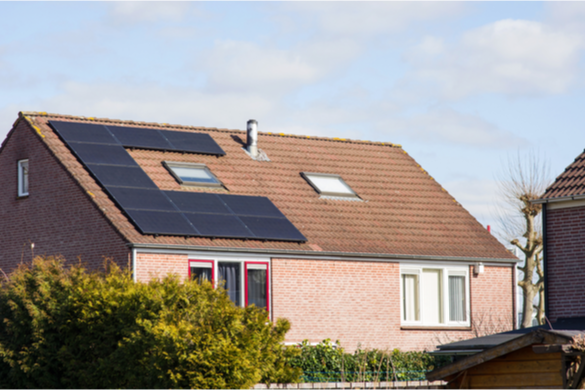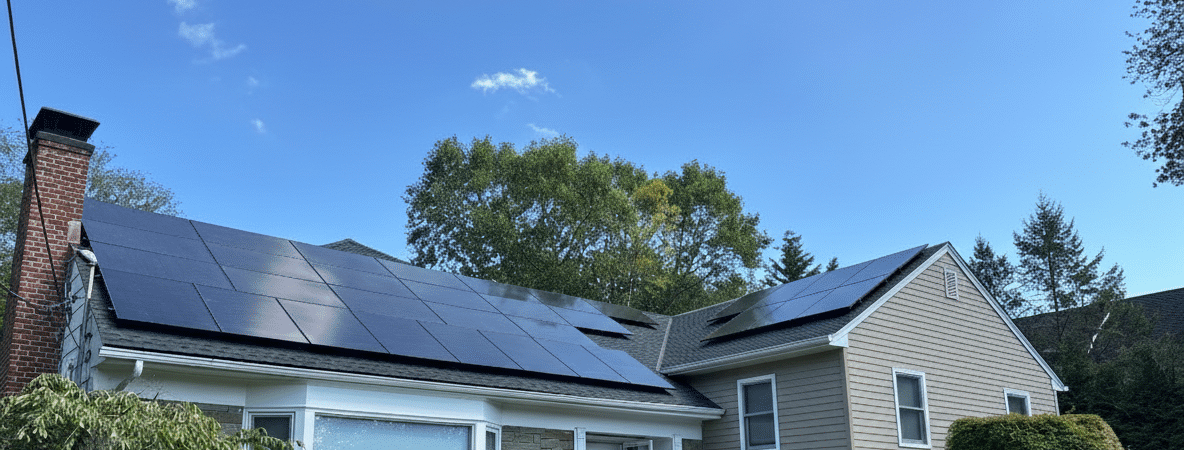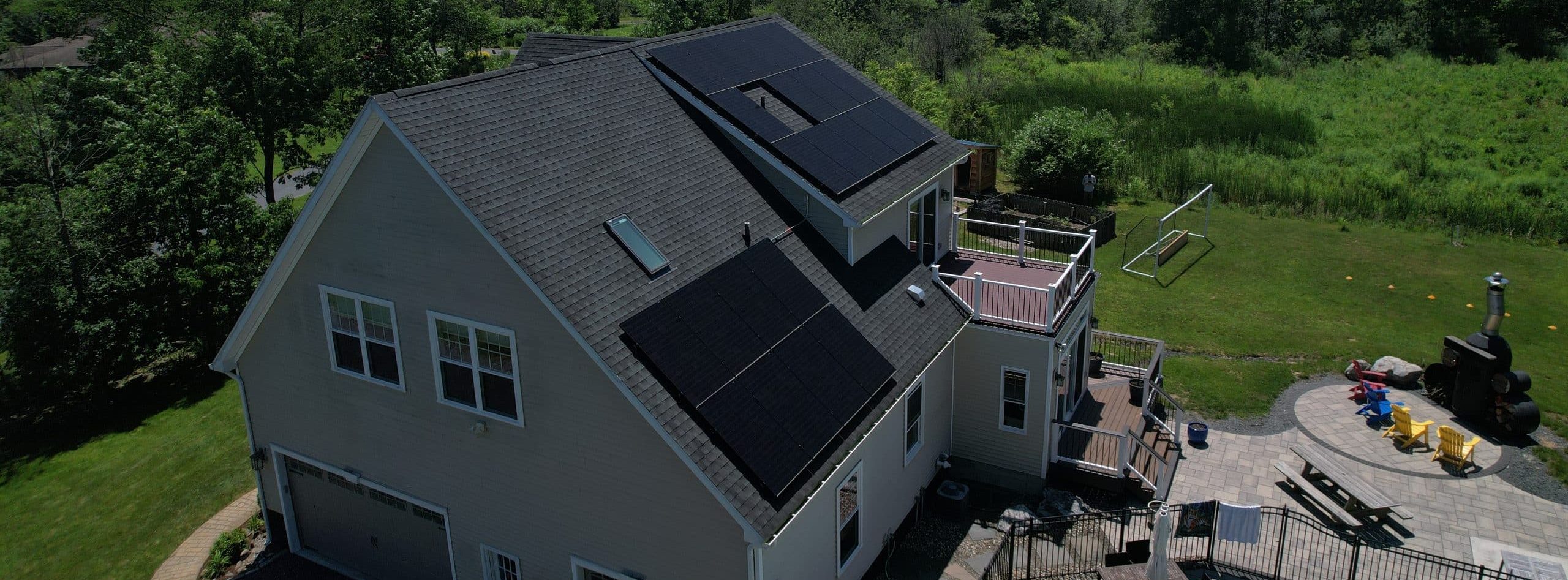There are several factors solar savings estimator NJ uses to calculate costs and ROI. Notably, you can use a solar calculator to quickly estimate how much you can save by switching to solar. Indeed, most calculators ask for your address and electricity bill to estimate your rooftop solar system size. As a homeowner interested in switching to solar, you need to know what factors can impact your estimate. This way, you can input your information accurately. Plus, you can better understand how solar panel installers Clifton NJ and other areas can reduce your electric costs. Read on to learn about the most important factors solar savings estimate NJ uses to calculate costs.
Current Electric Bill
First, solar savings calculators NJ use your current electric bill to calculate how much you can save. Often, solar customers with higher electric bills benefit more from making the switch to solar. Indeed, this is because solar panels can greatly offset monthly electric bills. Depending on your utility company and how much power you use, you may be able to eliminate your electric bills entirely. Importantly, electric prices can fluctuate. Therefore, so can your amount of savings. Similarly, your savings also changes with your energy consumption. Even with these fluctuations, NJ homeowners still save between $43,000 and $58,000 on average, over 20 years on a 5kW system. In short, solar estimators NJ need your current electric bill to calculate your savings.
Average Monthly Energy Usage
Next, your average monthly energy usage is another major factor solar estimators NJ use to calculate your savings. According to recent studies from the U.S. Energy Information Administration, the U.S. average monthly household energy consumption is nearly 900 kilowatt hours. Notably, this means New Jersey homeowners pay about $140 per month depending on their utility company. Ideally, you should clarify your household’s energy consumption before you invest in your solar installation Passaic County NJ. Indeed, this is critical for your solar contractors to ensure your rooftop solar system can generate your electricity requirements. Absolutely, NJ solar savings calculators need to know your monthly energy usage to determine how much you can reduce your costs.
System Size
In addition, New Jersey solar calculators use your approximate system size to assess your cost savings. Importantly, solar saving software looks at your home’s energy usage to determine what size system you need. Typically, calculators multiply your household’s energy requirements by the peak sunlight hours for your area. Then, they divide it by the panel’s usage to determine your system size. Notably, these systems also factor in how much sunlight your region gets. Some may also examine your roof’s size and account for solar battery storage. Of course, your solar providers can also conduct a more in-depth analysis once they complete a site evaluation. Certainly, your solar system size is critical to calculate your solar savings in NJ.
Geographic Location
Moreover, geographical location is another important factor solar savings estimators NJ use to calculate your electric costs. Using your geographic location, solar saving software can assess how much sun exposure your home gets. Naturally, you can produce more power and lower your electric expenses when your solar system is in direct sunlight. Notably, solar systems can still generate power in shaded areas as well. Usually, this value is slightly less. In addition, some solar estimators use your geographic location to assess your roof’s orientation. Often, solar panels on a south-facing roof receive more direct sunlight during the day. This can significantly increase your savings and your solar panel ROI New York and New Jersey. Definitely, geographic location is a key factor when using a solar cost estimator NJ.
Approximate Installation Costs
Furthermore, solar estimators NJ also factor in your installation costs when calculating your savings. Importantly, many elements can impact your installation costs. For example, your system size, equipment quality, and region all factor into your estimate. When you compare solar quotes, remember that cheaper does not always mean more savings. Indeed, high quality solar equipment may increase your upfront installation costs. Simultaneously, you can end up saving more in the long-run. For example, LG solar panels offer one of the highest energy efficiency ratings on the market. Compared to less efficient solar panel brands, these panels can generate more electric power from the same amount of sunlight. For the most accurate NJ solar savings estimate, discuss your approximate installation costs with your solar provider.
There are several factors solar savings estimator NJ uses to calculate savings. First, your current electric bill is critical to calculate your solar savings. Next, you may need to input your average monthly energy usage as well. In addition, your solar system size also impacts your solar expenses and savings. Moreover, your geographic location and roof orientation also affects your savings estimate. Furthermore, your approximate installation costs can impact your overall savings as well. Consider these points to learn about the most important factors solar savings estimator NJ uses to calculate savings.












